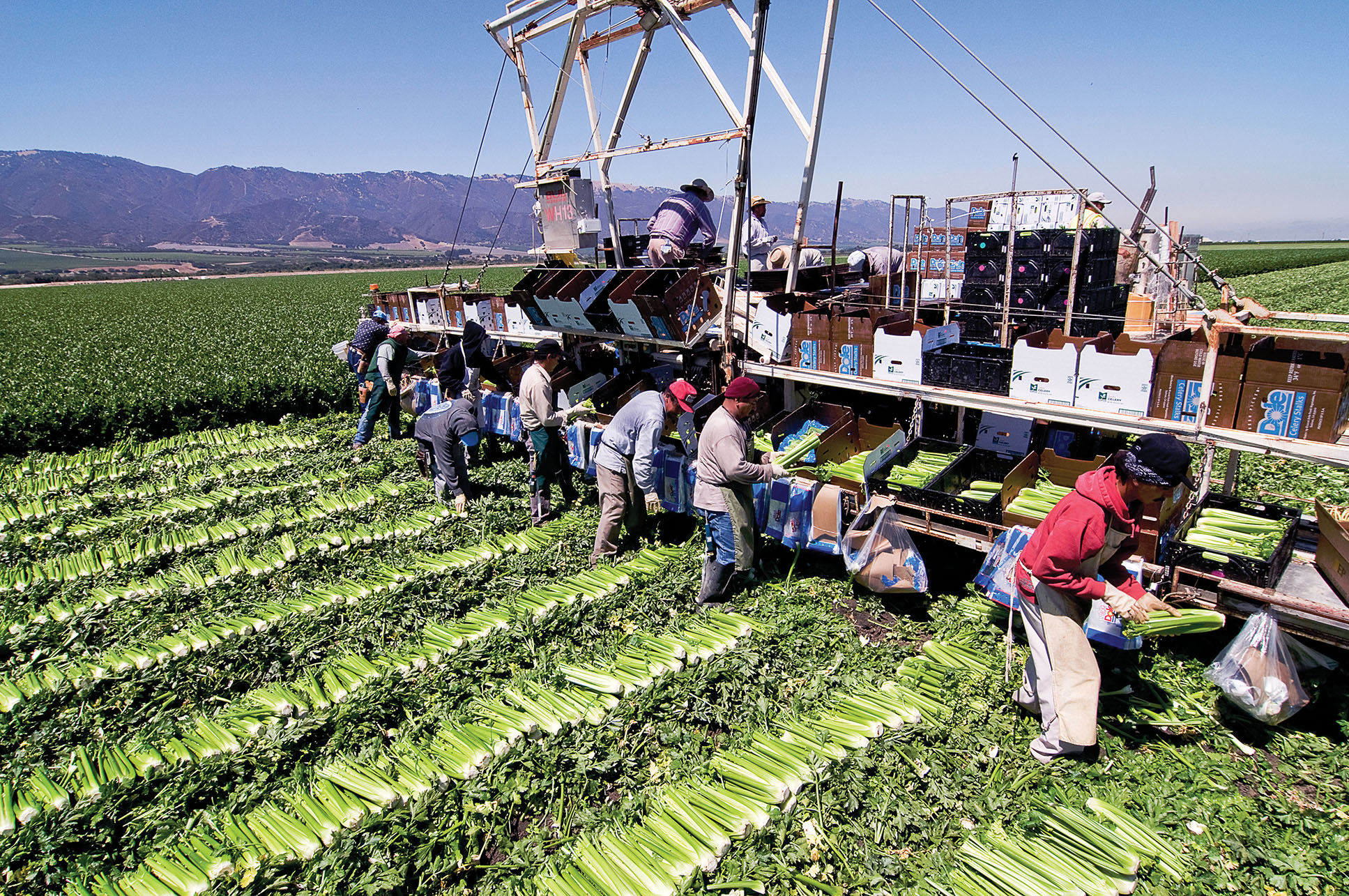

COMMENT: Fall 2012
By Harley Shaiken | Introducing the Fall 2012 edition of the Berkeley Review of Latin American Studies.

INEQUALITY: A Dialogue for the Americas
By Kirsten Sehnbruch and Harley Shaiken | Breaking the ground for a new series from CLAS connecting Berkeley with experts from Latin America in live video conferences. The featured topic for this semester: inequality.

INEQUALITY: A Challenge for Prosperity
By Mathias Poertner| Examining the causes and consequences for democracy and the economy of the huge increase in income inequality over the past 30 years with Ricardo Lagos and Robert Reich.

INEQUALITY: Catching Up With Colombia
By Erica Hellerstein | Growing global discontent with the status quo, triggered by rising rates of economic inequality, has played a major role in framing the political discussion.

INEQUALITY: The New Plutocrats
By James Gerardo Lamb | Talking about the policy underpinnings of and possible responses to economic inequality in Chile and the United States with Berkeley professor and prominent economics blogger Brad DeLong and Oscar Landerretche, a professor at the Universidad de Chile.

LABOR: The Low-Skill Trap
By Andrés Schipani | Explaining the "low-skill trap," political scientist Ben Ross Schneider describes how workers in unequal societies have little opportunity or incentive to improve their job skills and contribute more to economy.

CENTRAL AMERICA: Citizenship Under Siege
By Wendy Muse Sinek | Looking at the roots of domestic insecurity in Central and Latin America, Princeton's Deborah Yashar argues for a more detailed view of the role of drug trafficking.

CHILE: A Memoir About the Future
By Ernesto Muñoz-Lamartine | Talking about his country and his role in its history, Ricardo Lagos, President of Chile from 2000-2006, shares his vision for his country's future.

DEMOCRACY: The Puzzling Whiteness of Brazilian Politicians
By Jean Spencer | Asking why are the city councils of major cities in Brazil generally so much lighter-skinned than their constituents? Thad Dunning describes some experiments to find out why.

CHILE: Botero and the Museum of Memory
By Harley Shaiken | Traveling with Fernando Botero's Abu Ghraib exhibition travels from its home in Berkeley to Santiago's Museo de la memoria, and changes the conversation about human rights and art when it arrives.

CHILE: Art and Law in a Time of Torture
By Christopher Edley | Protecting human rights and the role of art and the law in doing so: Christopher Edley, the Dean of the Berkeley Law School, speaks as part of the opening of the Abu Ghraib exhibition in Santiago.

COLOMBIA: Restoring Bogotá’s Waterscapes
By René Davids | Reclaiming and renewing the waterscapes in the Colombian capital: Berkeley professor René Davids investigates.

LABOR: A Long Dry Season
By Philip Martin | Unionizing California's farm workers has a mixed history in the eyes of Philip Martin, professor of Agriculture and Resource Economics at UC Davis.

GUATEMALA: El Fish and the General
By Anthony Fontes | Spinning out the concurrent stories of El Fish, a small-time gang member, and Otto Pérez Molina, the ex-general and now president of Guatemala, with Berkeley student Anthony Fontes.

ARGENTINA: The Politics of Insecurity
By Hernán Flom | Using and abusing insecurity as an issue lies close to the heart of Argentine politics, says political scientist Hernán Flom.

FILM: The Method in the Madness
By Erica Hellerstein | Bringing his film "Vanishing Landscapes" to Berkeley, director Eliseo Subiela discusses its portrayal of memory and madness and the movies.

FILM: Life on the Tightrope
By Débora Silva | Documenting her time with an urban circus in Brazil, Berkeley alum Kelly J. Richardson traces its affect on neighborhood young people in "Without A Net."

LITERATURE: On the Impossibility of Narrating
By Luiz Ruffato | Writing about the sprawling megalopolis of São Paulo with award-winning author Luiz Ruffato, who was the Distinguished Brazilian Writer in Residence at UC Berkeley in Spring 2012.
